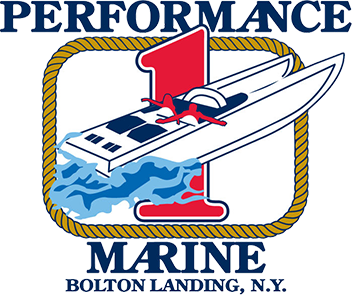The Adirondacks in the Civil War: Saving Private Fuller
On August 11, 1862, the Adirondack Regiment assembled at the town square in Plattsburgh. President Abraham Lincoln had called for 50,000 troops from New York State, and the North Country had answered that call with 1040. The men came from Essex, Willsboro, Westport, Elizabethtown, Moriah, and Lewis. Orlando Kellogg, then lawyer and soon to be congressman, addressed the soldiers: “God bless you, boys”, he said, and spoke in “choking, trembling words of earnestness and eloquence” according to one soldier.
An editorial ran in The Elizabethtown Post that same day: “We are proud of our regiment and confident such noble purpose cannot fail of honor and success and will render good and efficient service to the glorious cause. Heaven, speed, and bless them everyone.”
But by October, the Adirondack Regiment had already met miserable conditions at Fort Ethan Allen, six miles northwest of Washington. Illness had overrun the fort. Soldiers starved and lacked proper clothing. The hospitals were overwhelmed, and doctors reportedly stole provisions sent by families back in the Adirondacks. The conditions alone made up for two thirds of the regiment’s casualties.
By the start of 1863, the Adirondack Regiment had gone from 1040 troops to 995. Fourteen deaths were reported, as well as 20 desertions, and 11 hospital discharges on furlough.
When a Private from Fort Ethan Allen, Henry Fuller, overstayed his furlough he was taken for a deserter. Fuller was from Keene in Essex County, where he owned a lucrative farm with his young wife and three-year-old daughter. The authorities came and arrested him there. He was court-martialed.
According to the memoirs of Major Cunningham of the Adirondack Regiment, who served on the court-martial, there was evidence that Private Fuller had no intention of leaving Keene and returning to duty– “He was guilty and so found.”
But what Major Cunningham did not expect from the proceedings was General Butler’s decision to have Private Fuller executed within 48 hours. The army execution mandate for deserters was typically ignored–desertions occurred frequently. Deeply troubled, Cunningham and the regimental chaplain went to General Butler but without success. Private Fuller was to be made an example of for the other soldiers.
Desperate, Major Cunningham sent a telegram to Congressman Orlando Kellogg. The Congressman from Elizabethtown, who had spoken with such feeling in Plattsburgh, had won the hearts of the Adirondack Regiment. They had dubbed him “The father of our regiment.” On the floors of Congress, Kellogg was known to have had “few equals and no superiors” with “sterling good sense” and “practical wisdom.” Kellogg and Lincoln had spent their first sessions in Congress together in 1847. According to Cunningham, “Almost limitless good humor and his kindness of heart and exhaustless fun of anecdote—this brought him closer to Lincoln”.
So when Kellogg received Cunningham’s telegram late that same night he immediately set off for the White House.
When Kellogg arrived and demanded to see Lincoln, he was refused. The president had been feeling ill and needed to rest. But Kellogg insisted it was a matter of life and death. Soon an “only partly dressed” President appeared before Kellogg. Stories of Lincoln around this time paint a picture of a President in very low-spirits; a man bent on his task and quietly suffering from it. Lincoln heard the facts regarding Private Fuller and his nearing execution, and Kellogg insisted that the President intervene until the case could be investigated further. While he could sympathize with Kellogg’s dilemma, Lincoln believed he was asking too much of him. Perhaps General Butler did need to set an example. Kellogg responded with an affecting declaration:
“This man belongs to what I call my regiment, wholly raised in my Congressional district, consisting of my constituents; and I do not propose that any man in it shall die if I can prevent it.”
The next day Kellogg received a small note from Lincoln informing him that everything had been taken care of. General Butler had been ordered to suspend the execution; all papers were forwarded to Washington.
Private Fuller would remain in prison for three years until the war ended.
On April 27th, 1865, after the assassination of President Lincoln, a memorial service was held in Elizabethtown. Kellogg acted as principal orator, delivering an honest, unprepared speech in which he spoke of his personal relationship to Lincoln.
Four months later, Orlando Kellogg suddenly died of Cholera-Morbus, on August 24th, 1865. Just a few hours before, he had been seen in good health.
That day the Elizabethtown Post mourned the loss: “He was the soldiers’ friend everywhere and always.”







